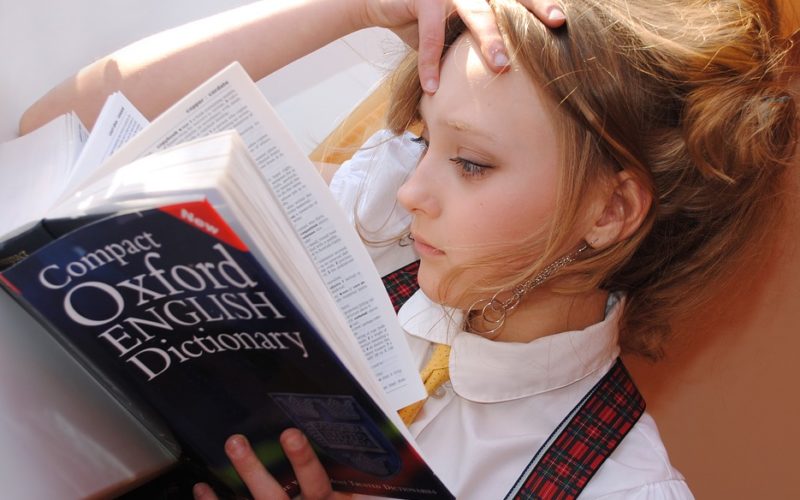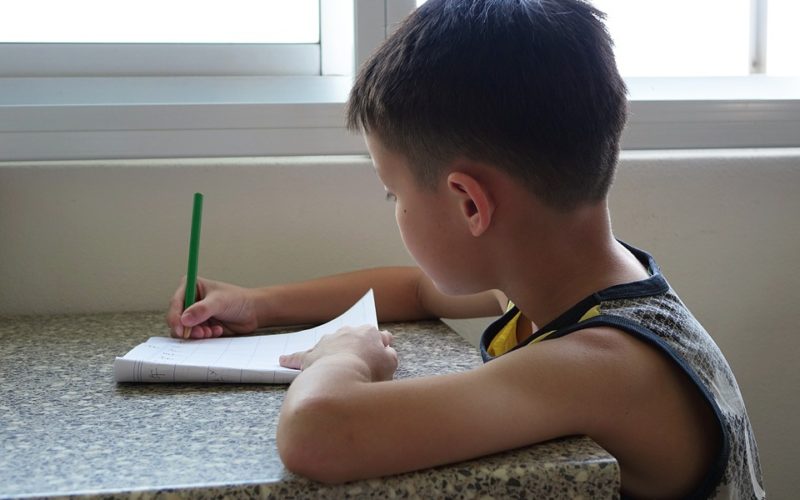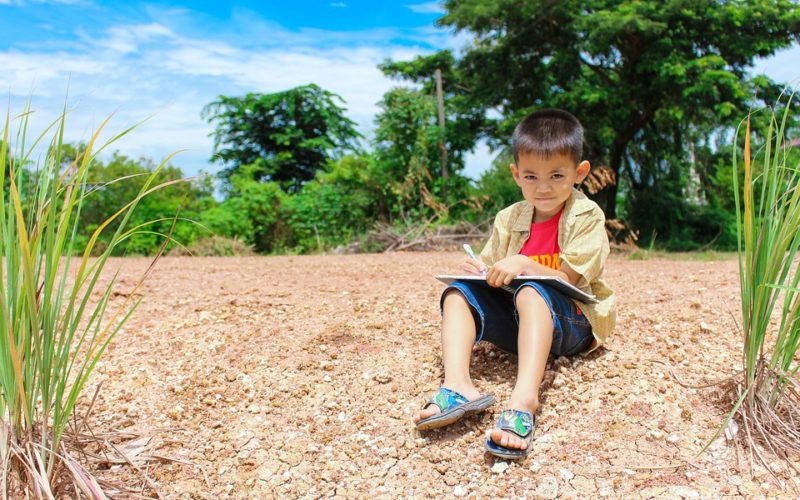Fact or Fiction
The world today has become a place where the impossible seems to be reality, and it can be difficult for even adults to decide if something is fact or fiction. Aliens come alive on a regular basis, the police chase an innocent person, and even the bad guys have been given an opportunity to look good. If those who have years of experience in the world have difficulty with this separation, then there is little reason to believe children might also have an issue. Learning how to tell the truth has become difficult in times when turning on any electronic media gives them a look at alternative realities where the two can get mixed up.
The Value of Honesty
Few people in the world are willing to forego their own reputation and lie, so the value of honesty is still a large part of how they operate within their society. They know that even though there might be a reward for dishonesty, telling the truth is a way to ensure their own story is one that will be believable. Teaching that lesson to their children is an important one, and they often want it reinforced when their child is receiving a formal education.
Telling the Truth
Young children have generally had to be taught the difference between reality and fantasy, but that does not mean telling them a story is a bad idea. Telling them the tale they are hearing is a fictional account can help them understand, but they might sometimes need to be reminded of the difference as they go through their daily routine. Those who have yet to understand the difference will eventually get it when the concept is reinforced, and schools can find help with that at Primary Works in the form of a PowerPoint presentation dealing with this issue.
Group Learning
One of the best ways to present children with a lesson that needs to be reinforced is by holding primary assemblies where they are taught the same concept. It is a way to let them see and hear the information as a class, and they can discuss it throughout the day. Lessons around what they have learned can be planned by their teachers, and they can focus on the message until the children incorporate it into their own thoughts. This is an effective way to educate many children at once, and it should be considered another good tool for schools to use in their educational process.
Learning the difference between fact and fiction can be difficult for the youngest members of any society, but they will eventually catch on to it. Once they have learned that lesson, teaching them the value of honesty in any personal situation can be the next step. They might find it an easier concept learn fist about fiction, and it will help them understand that being believed depends upon their own reputation for honesty. For those who have mastered both lessons, knowing how to tell the truth and valuing it will enhance their lives far into the future.





